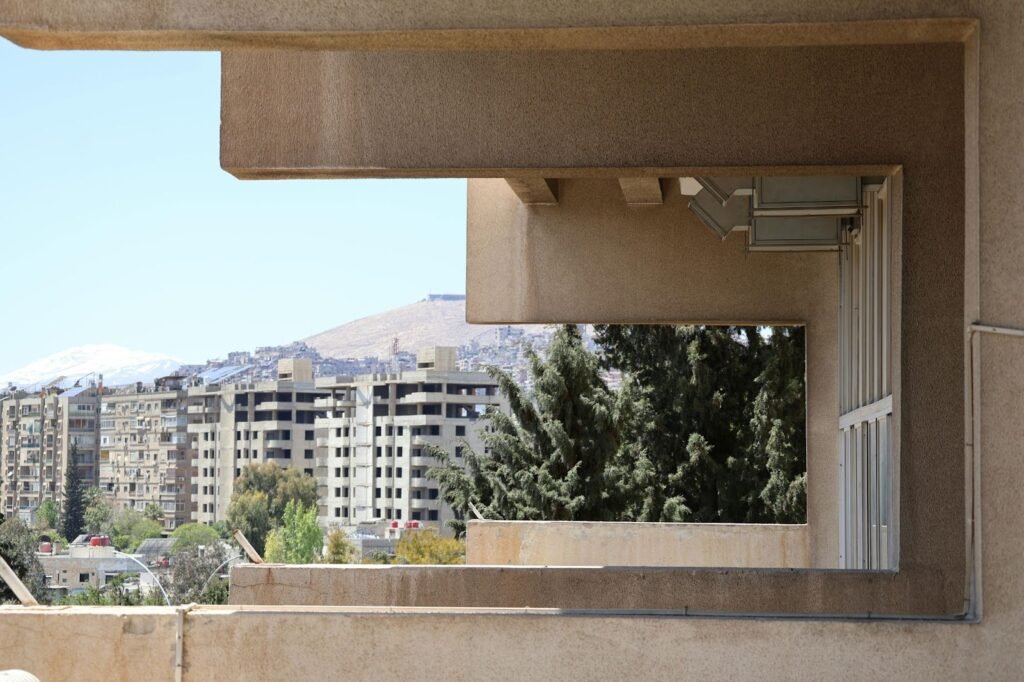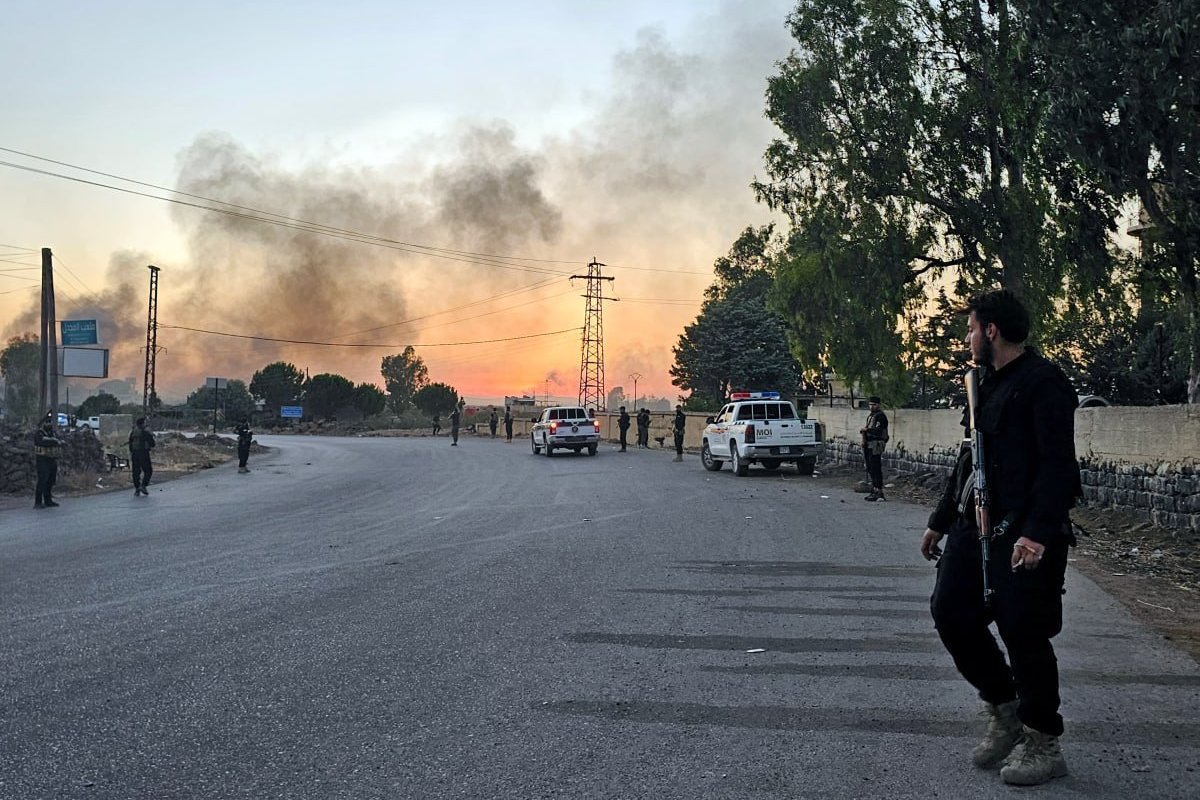Photo by Sami Raad – Free stock Photo
The American website “Axios,” citing unnamed sources, reported that U.S. envoy to Syria Tom Barak will chair a meeting between Israeli and Syrian officials next Thursday.
According to an American official who spoke to the website, the meeting is expected to focus on security arrangements in southern Syria and enhancing coordination and communication. The website explained that this would be the first meeting between the two parties since the outbreak of events in Sweida over a week ago.
An Israeli official told the site: “There is relative calm now, but the core issues will not be resolved without comprehensive agreements between the United States, Syria, and Israel.”
Israel had targeted Syrian army gatherings around Sweida and launched airstrikes on the Army General Command building in the capital, Damascus, rendering it inoperable.
This escalation was shocking in political circles, especially among those expecting a potential opening and rapprochement between the two countries and an agreement that could pave the way for comprehensive peace. Meanwhile, U.S. Secretary of State Marco Rubio described the incident as a result of a “misunderstanding” between the parties during the Baku meeting.
Evacuation of Tribes from Sweida Continues:
Meanwhile, the Syrian Arab News Agency (SANA) reported the continued arrival of buses evacuating detainees from Sweida, with the government relocating them to reception centers in Daraa province. Media outlets had earlier reported the evacuation of entire Bedouin families from Sweida.
More than 558 people were killed and over 783 others injured, according to the Syrian Network for Human Rights, since the outbreak of clashes in Sweida between armed Druze groups and Bedouin tribes. The network noted that the figures include women, children, and medical and media personnel.
Congress Extends Caesar Act:
Separately, U.S. lawmakers voted to extend Caesar Act sanctions by adding new conditions that the Syrian government must meet over the next two years, effectively extending the sanctions until 2028.
Some observers see this as a deadline for the new Syrian government to prepare the environment, remove internal obstacles, and achieve a comprehensive and sovereign government.
Conversely, the Syrian Emergency Task Force had called on the U.S. Congress to reject the bill aimed at extending Caesar sanctions, describing it as contradicting President Donald Trump’s pro-Syria agenda.



